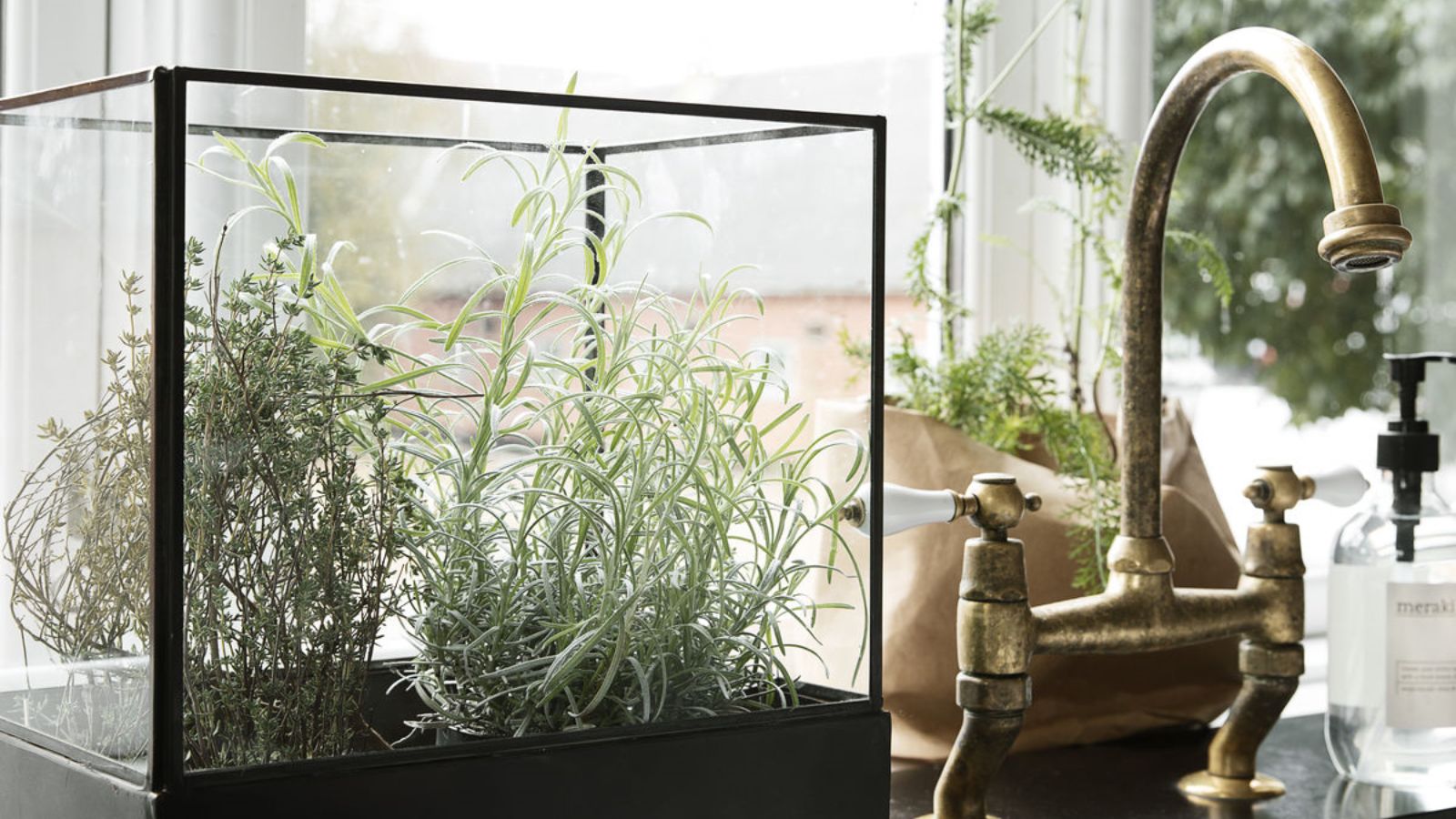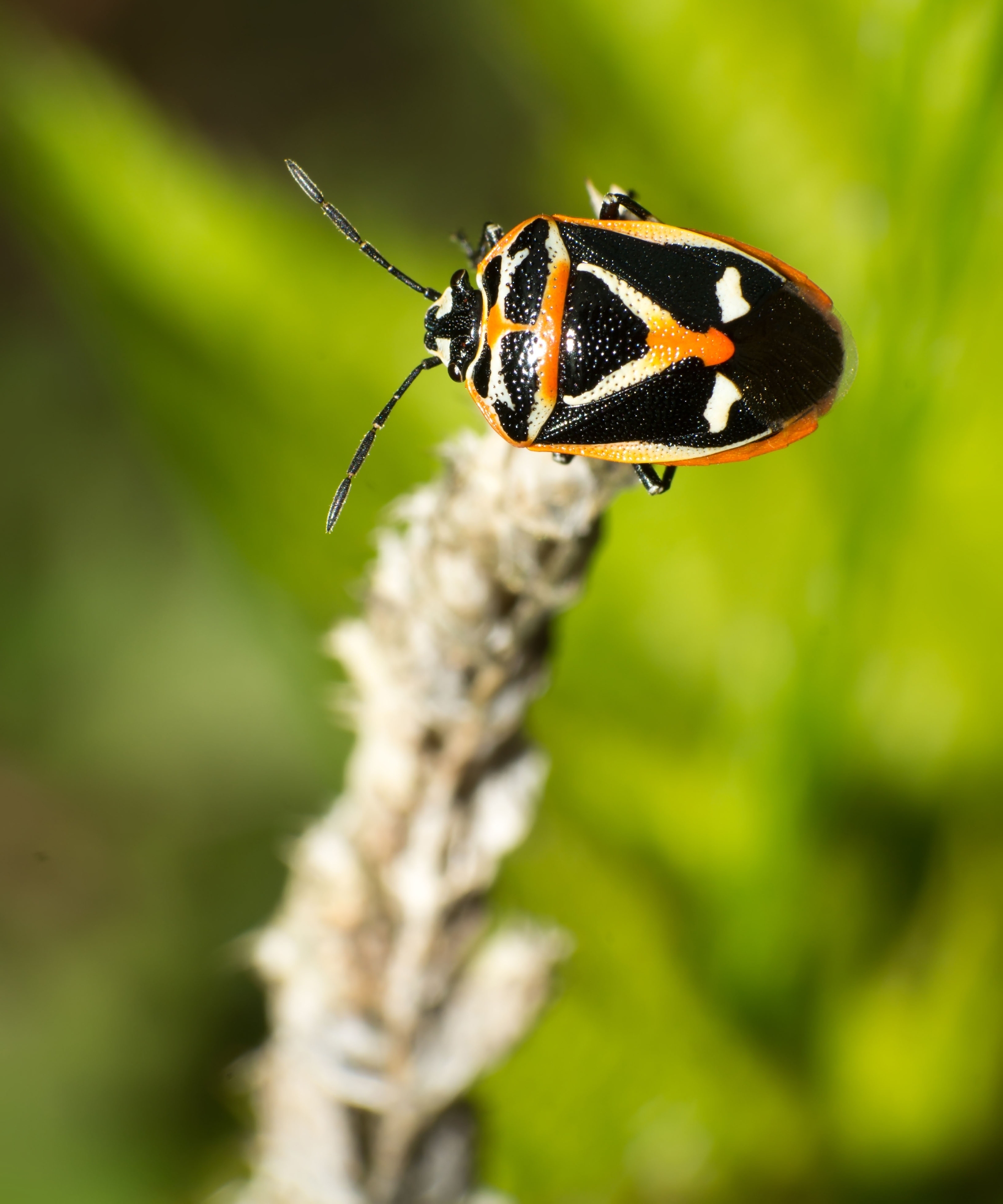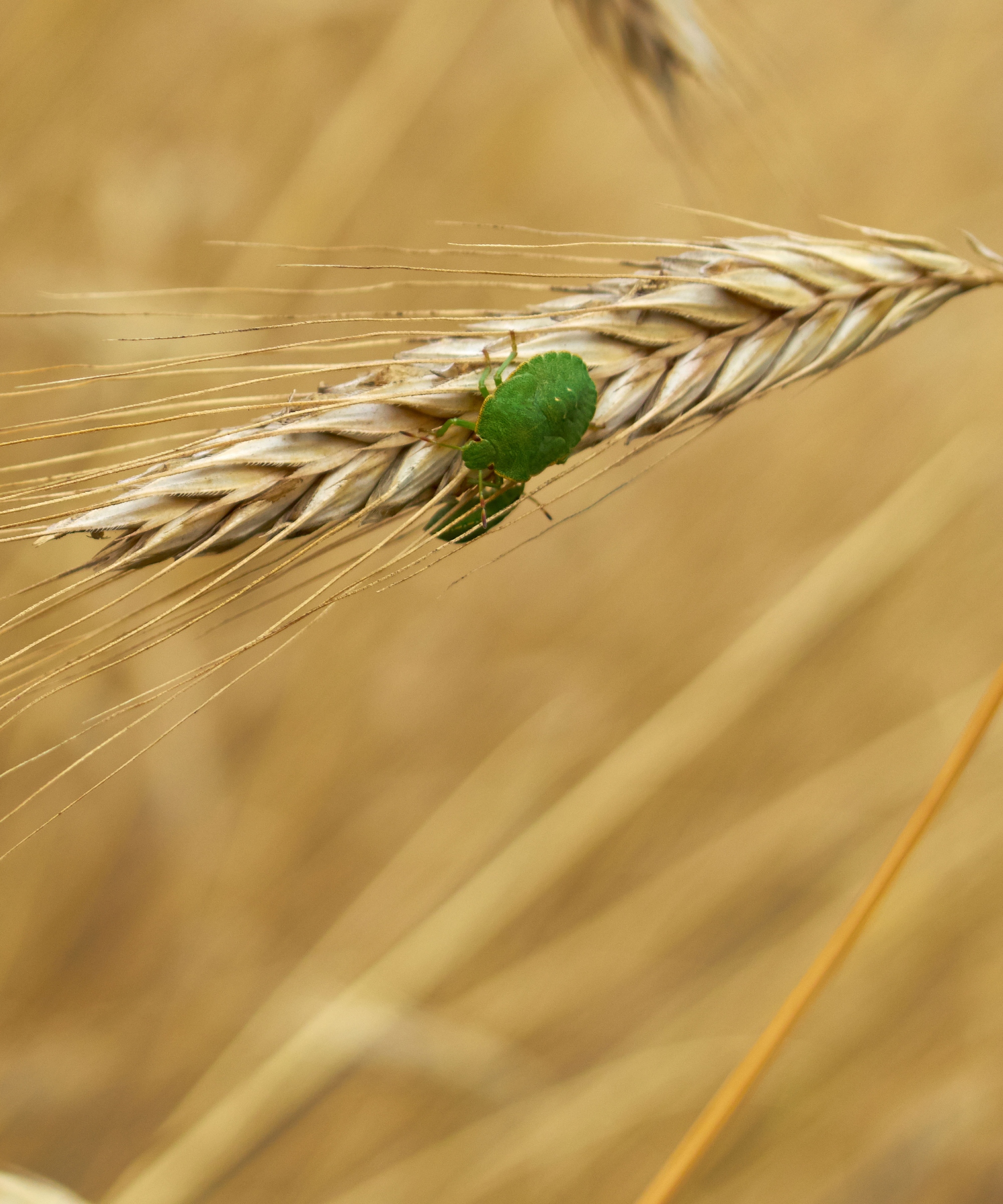Getting rid of stink bugs – home remedies to banish them for good
Safe and simple methods for banishing these pests from your home using homespun, natural methods


Design expertise in your inbox – from inspiring decorating ideas and beautiful celebrity homes to practical gardening advice and shopping round-ups.
You are now subscribed
Your newsletter sign-up was successful
Want to add more newsletters?

Twice a week
Homes&Gardens
The ultimate interior design resource from the world's leading experts - discover inspiring decorating ideas, color scheming know-how, garden inspiration and shopping expertise.

Once a week
In The Loop from Next In Design
Members of the Next in Design Circle will receive In the Loop, our weekly email filled with trade news, names to know and spotlight moments. Together we’re building a brighter design future.

Twice a week
Cucina
Whether you’re passionate about hosting exquisite dinners, experimenting with culinary trends, or perfecting your kitchen's design with timeless elegance and innovative functionality, this newsletter is here to inspire
Stink bugs can be a real nuisance when they invade your home, especially since these pests emit an unpleasant odor when disturbed, which is why we've found natural and eco-friendly solutions to rid your space of these unwelcome guests.
Stink bugs, like boxelder bugs, tend to invade your home during late fall and winter as they aim to avoid the cold outdoors, meaning this is the best time to brush up on your knowledge of how to get rid of stink bugs.
By understanding the behavior patterns and preferences of stink bugs, it can be a simple matter of using this knowledge to deter them from your residence. Our experts have explained the top six natural methods to easily remove these pests from your home.
Home remedies to get rid of stink bugs
The benefit of using natural methods that incorporate items you will most likely have around the house, is that they do not involve any harmful chemicals that could damage your home or health and will reduce your environmental impact, while still working well to keep stink bugs out of the house.
1. DIY trap

Apple cider vinegar trap: 'Stink bugs are attracted to apple cider vinegar,' says Shayne Marie Jeramos from Canberra Bond Cleaning. 'To use apple cider vinegar to trap stink bugs, simply place a bowl of apple cider vinegar in an area where you have seen stink bugs. The stink bugs will be drawn to the vinegar, and they will fall into the bowl and drown.'
Light traps: 'Stink bugs are attracted to light,' explains Angela Rubin, from Hellamaid. 'Set up a simple light trap by placing a desk lamp or UV light near a container filled with soapy water. The bugs will be drawn to the light and fall into the soapy water.'
You can also find UV fly trapper lights at Amazon.
Design expertise in your inbox – from inspiring decorating ideas and beautiful celebrity homes to practical gardening advice and shopping round-ups.

Hellamaid is an award-winning cleaning company in Canada that's been featured on multiple global media brands.
DIY funnel trap: Karen Miller, owner of the Miller Design Group suggests, 'One home remedy I've found to be an effective solution in getting rid of stink bugs is a DIY trap made from household items.
'To create this trap, cut the top off a 2L soda bottle and invert it into the rest of the bottle, creating a funnel-like entrance. Add an LED light to attract the stink bugs. Stink bugs are attracted to the light, enter the funnel, and then are trapped in the bottle unable to climb back up the slick sides and escape.
'This method doesn't involve any chemicals, making it a safer choice when there are pets or little ones running around.'
2. Essential oils and herbs

Stink bugs are adverse to the scent of certain essential oils and herbs which can be used to target areas of infestations. Using fresh herbs and essential oil has the benefit of ridding your home of these stinky pests, plus it's one of our favorite hidden tricks to make your home smell nice.
You can simply spray a solution of water and an essential oil of your choice, like mint, eucalyptus, or neem oil, from Amazon, around any entry points or spots where you have noticed stink bugs previously.
Mike Lansing, co-founder at Planters Digest says that peppermint is one scent stink bugs dislike. You can find peppermint oil insect and pest pray at Amazon.
Angela Rubin also recommends, 'Planting certain herbs and flowers, such as mint, basil, and marigolds, around your garden and home can help deter stink bugs from approaching.'
3. DIY spray
Rather than using harsh insecticides that can leave your home covered in harmful chemicals, you can create a homemade bug spray made from natural stink bug-repelling items.
Mix two cups of hot water, one cup of white vinegar, and half a cup of dish soap in a spray bottle and apply around window and door frames regularly.
Another natural spray can be made from garlic. Simply crush a few cloves of garlic and steep them in water for a day. Strain the liquid and dilute it with water in a spray bottle. This solution can be sprayed around windows, doors, and entry points.
If you don't have time to make the spray, Angela Rubin says a simple solution is to place crushed garlic or onion near windows and doors, as stink bugs dislike the odor.
4. Diatomaceous earth

'If you're looking for another remedy, you can try diatomaceous earth (DE), a powder that contains many substances acting as natural pesticides,' suggests Julia Ivanova from Black Pest Prevention. 'DE powder contains traces of elements such as aluminum and silicon and is harmless to humans but destroys the exoskeleton of insects, resulting in lethal dehydration that quickly kills invading insects.'
'Diatomaceous earth is a natural and non-toxic substance that can help control stink bugs,' adds Abe Nyayapathi. 'Sprinkle a thin layer of diatomaceous earth around windows, doors, and other potential entry points.'
We recommend this safer home diatomaceous earth insect killer, from Amazon.
5. Vacuum
A quick way to gather up and dispose of stink bugs is to use a vacuum cleaner with a
hose attachment to gently collect them. Be cautious not to crush them, since this can release their odor.
After getting rid of the stink bugs, dispose of the vacuum bag or clean the canister promptly to avoid odors lingering in your home.
FAQs
Where do stink bugs enter your home from?
If you're wondering where stink bugs enter your home from, Julia Ivanova from Black Pest Prevention explains, 'These unwelcome insects seek out warm places to take shelter during the cooler months, entering through cracks and crevices around windows, doors, siding, utility pipes, behind chimneys, and under eaves.
'Stink bugs are also attracted to light coming from windows and can sometimes be found crawling on walls or curtains near windows.
'Your home can also be a good source of food for them – fruits and vegetables stored in your home can feed them, and you can inadvertently bring them home when harvesting your own produce.
'So, if you don't want to host foul-smelling neighbors, it's essential to consider the quality of your home insulation, seal all the cracks, and ensure that all food is safely stored or covered.'
How can I prevent stink bugs entering your home?
To prevent sink bugs from entering your home you need to understand why stink bugs come into the house in the first place.
Julia Ivanova explains, 'Like all parasites in our homes, stink bugs are attracted to your home by the opportunity to find shelter and food. They tend to crawl into your home when it gets cooler, typically between late summer and fall.'
To prevent them, 'Seal entry points, such as small cracks and gaps around windows, doors, and utility openings, with caulk or weather stripping to prevent them from getting inside in the first place,' suggests Angela Rubin from Hellamaid.
'Regularly clean and vacuum your home, paying attention to corners, baseboards, and window sills where stink bugs tend to hide.'
Muffetta Kruger, cleaning expert and founder of Muffetta’s Domestic Assistants also recommends, 'Ensure that window and door screens are in good condition and without any tears or holes. This will prevent stink bugs from gaining access to your home.'
'Minimize the use of outdoor lighting at night. Additionally, consider replacing white outdoor light bulbs with yellow or sodium vapor lights, which are less attractive to stink bugs.'
'Maintain outdoor areas – trim vegetation and trees near your home to reduce hiding spots for stink bugs. Keeping your yard tidy can deter them from congregating near your living space.'

Muffetta Krueger is a cleaning expert and founder of Muffetta’s Domestic Assistants with over 16 years of operational management experience in the service industry. Muffetta’s Domestic Assistants provides housekeepers, house cleaners and maids, and is based in New York.
Stink bugs also often hide in closed patio umbrellas and cushioned patio furniture, so ensure outdoor furniture and parasols are stored away properly.

Lola Houlton is a news writer for Homes & Gardens. She has been writing content for Future PLC for the past six years, in particular Homes & Gardens, Real Homes and GardeningEtc. She writes on a broad range of subjects, including practical household advice, recipe articles, and product reviews, working closely with experts in their fields to cover everything from heating to home organization through to house plants. Lola is a graduate, who completed her degree in Psychology at the University of Sussex. She has also spent some time working at the BBC.